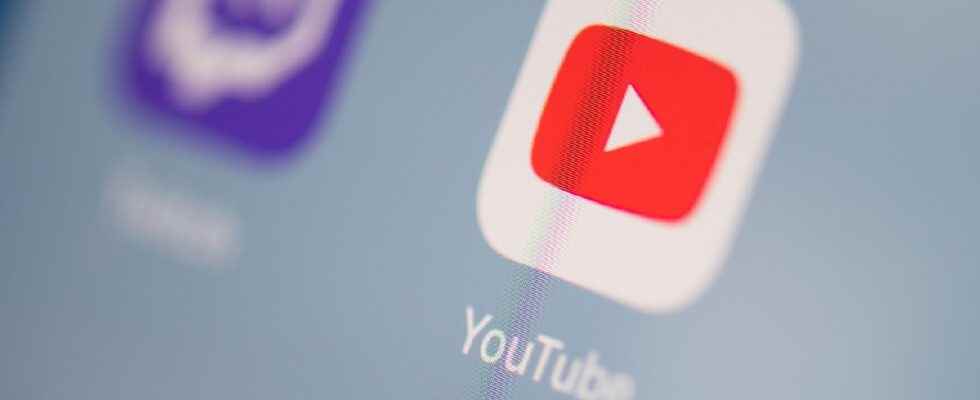YouTube has had a lot to do with moderating content since the beginning of the Russian attack in Ukraine, a subject that would have generated more than 40 million views in the besieged country alone. The platform has deleted more than 70,000 war-related videos and 9,000 channels, according to figures provided to the Guardian.
Unlike Facebook or Instagram, YouTube is not blocked in Russia. It is even the only major international platform to survive. And therefore one of the last spaces of freedom and information for the population. As a result, the Kremlin showers it with its propaganda. It must be said that YouTube is extremely popular there with its 90 million users.
Fight against Holocaust denial and fake news
Two main principles guide its moderation. The first is to sanction Holocaust denial. “Our major violent events policy applies to the denial of major violent events: from the Holocaust to Sandy Hook. And of course what is happening in Ukraine is a major violent event”said YouTube product manager Neal Mohan at Guardian during a trip to London.
The other rule is to fight against fake news and ensuring access to reliable information. “The consumption of authoritative channels on our platform has increased significantly, of course in Ukraine, but also in countries adjoining Ukraine such as Poland and also in Russia itself”said Neal Mohan.
Also see video:
YouTube refuses to comply with censorship
YouTube therefore deleted the channel of pro-Kremlin “journalist” Vladimir Solovyov as a result. Channels associated with the Russian Defense and Foreign Ministries have been temporarily suspended for portraying the war as a “mission of liberation”. YouTube has also banned channels associated with Russian state media like Russia Today and Sputnik worldwide.
Despite this, Russian Digital Development Minister Maksut Shadaev said last week that he would not block YouTube. The platform still received several fines for refusing to delete videos banned by Moscow. But the service no longer allows advertising, which opponents like Navalny regret, who used it to counter official speech.
Source : The Guardian
